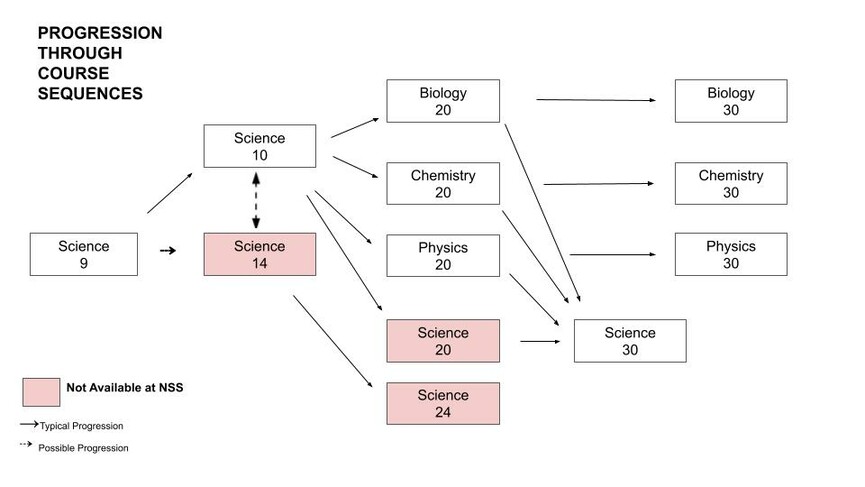Grade 8 students investigate machines and the human body. From machines that use energy, to the transport of solutions, to the functioning of the eye, your teen will see first-hand how science affects their daily life, their career and their future. They will investigate the structure of living things, from the smallest cells to the more complex systems in the human body. Also, they examine the interactions among water, land and climate to better understand the distribution and health of living things, and they’ll learn to appreciate how the knowledge and skills they are applying in class have led to advances in medical and mechanical technologies. For more information about Science 8, refer to the Program of Studies.
Science Progress

